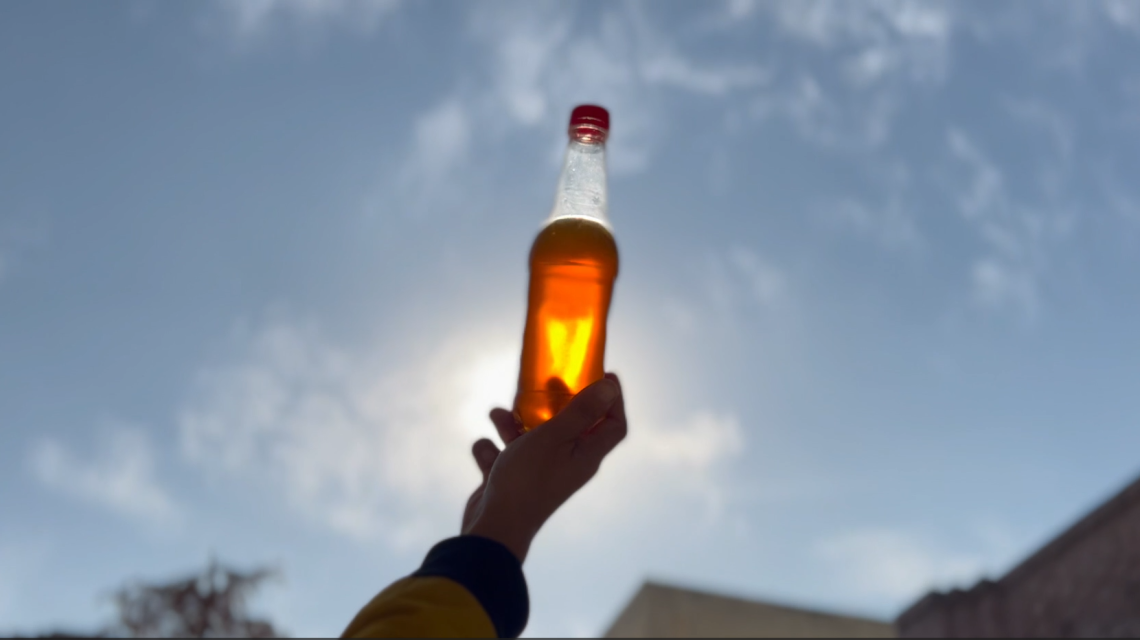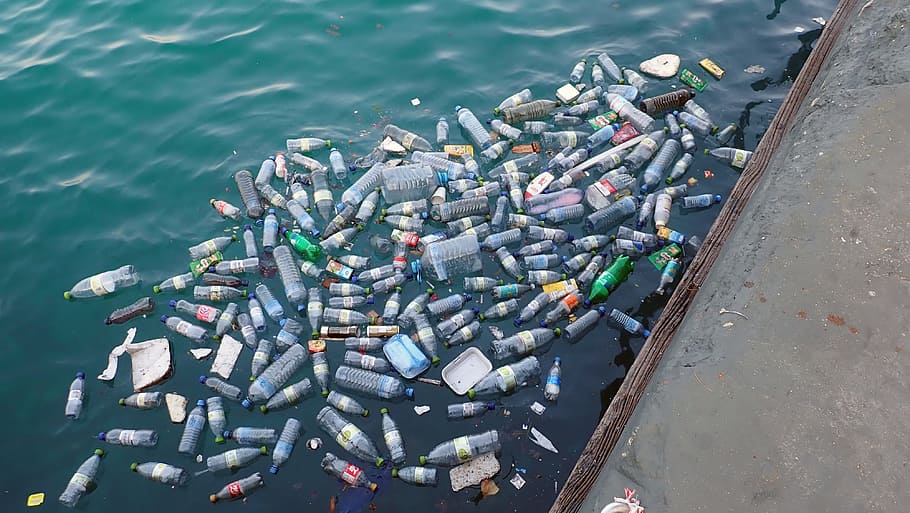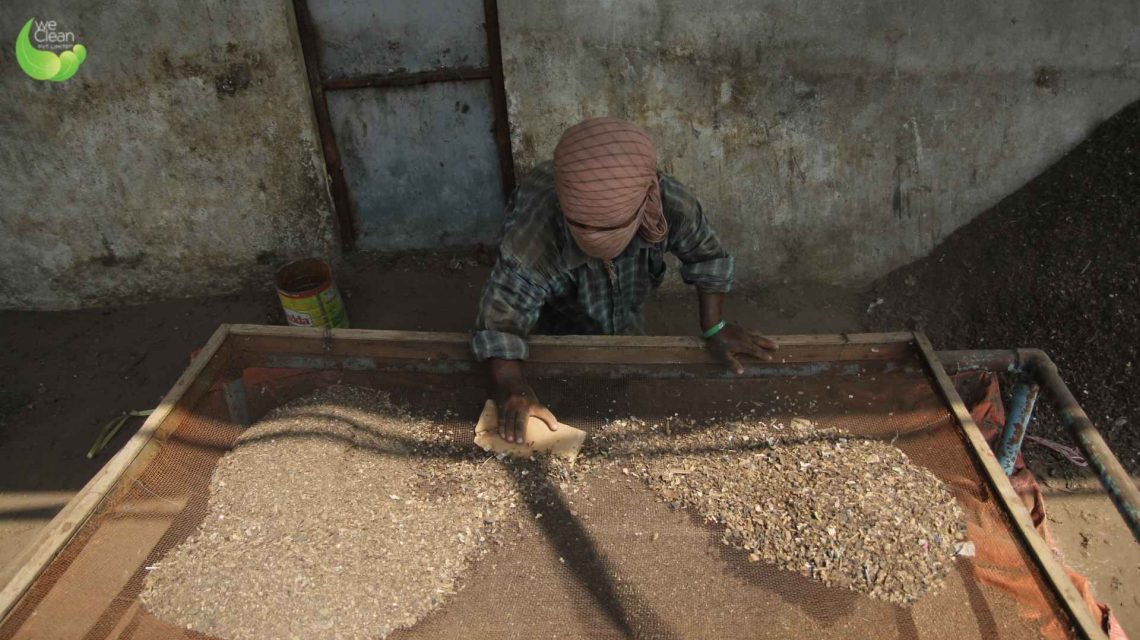September 16, 2024
in Environment, Recycling
How Plastic is Harming Our Planet?
Learn about the harmful effects of plastic pollution on the environment and explore sustainable alternatives and waste management tips. Discover WeClean’s efforts…
Research on AD
Anaerobic Digestion (AD) research by Professor Sandra Esteves and Dr. Tim Patterson at the University of South Wales has led to policy changes and infrastructure development for AD in the UK, Europe, and globally.
September 16, 2024
in Environment, Recycling

September 16, 2024
in Recycling
Biofuel Production
Learn about biofuel production and how it contributes to reducing carbon emissions. Discover how WeClean is turning waste into environmentally friendly biodiesel…
September 13, 2024
in Environment
Climate Advocacy: A Digital One
Learn about WeClean’s digital climate advocacy project focused on decarbonizing the waste sector, featuring insights from 14 global experts. Discover how you…
July 29, 2024
in Environment, Recycling
Zero Waste!
Discover the principles of the zero-waste movement and how WeClean's waste management solutions contribute to a sustainable, circular economy by reducing landfill…

April 23, 2024
in Environment, Recycling
Recycling: Waste to Resource
Discover how recycling plays a crucial role in waste management. Learn what recycling is, its key elements, and how it benefits both…

November 23, 2023
in Environment, Operations, Recycling
Sustainability: Building a Greener Future
Learn about sustainability, its role in waste management, and how WeClean is driving change through zero-waste practices and resource recovery. Discover how…

April 26, 2017
in Environment, Operations
Composting: Transforming Waste
Learn about composting, its key elements, and how it benefits waste management and the environment. Discover how WeClean turns organic waste into…

January 18, 2017
in Recycling
How to Recycle Paper
Lorem ipsum dolor sit amet, consectetur adipiscing elit. Morbi gravida fringilla neque sit amet sollicitudin. Duis aliquam dictum feugiat. Quisque elit tortor,…
To achieve true sustainability, we must reduce our 'garbage index" - that which we permanently throw away into the environment that will not be naturally recycled for reuse - to near zero. Productive activities must be organized as closed systems. Minerals and other nonbiodegradable resources, once taken from the ground, must become a part of society's permanent capital stock and be recycled in perpetuity. Organic materials may be disposed into the natural ecosystems, but only in ways that assure that they are absorbed back into the natural production system. - David C. Korten
December 13, 2016
in Environment


